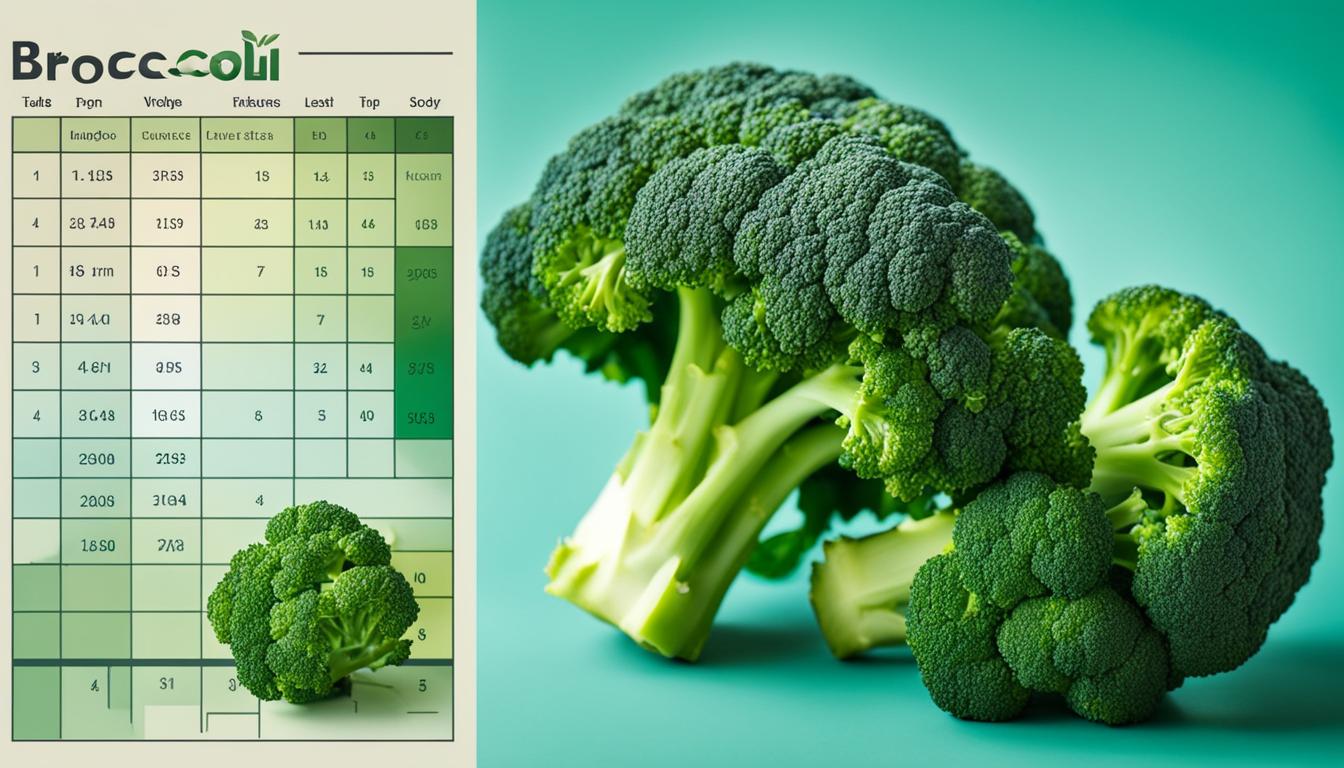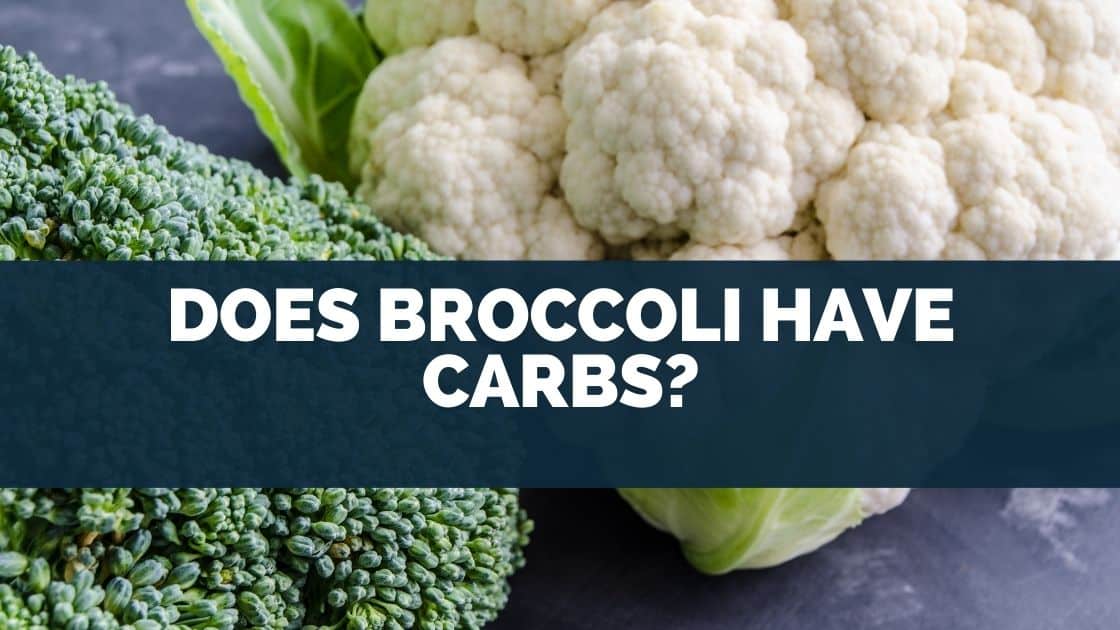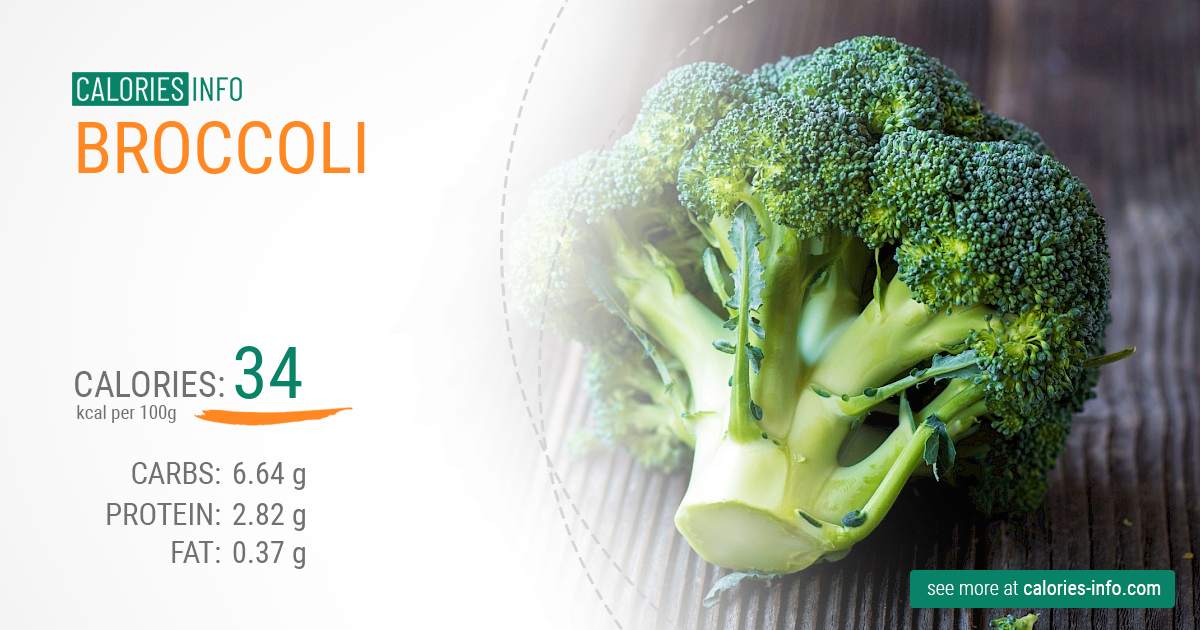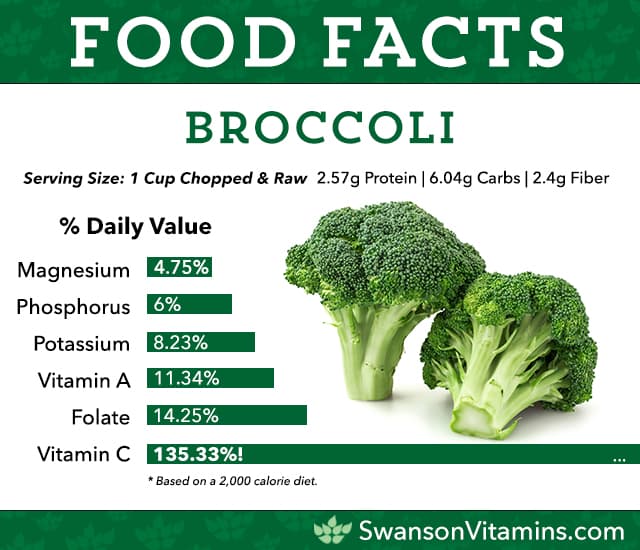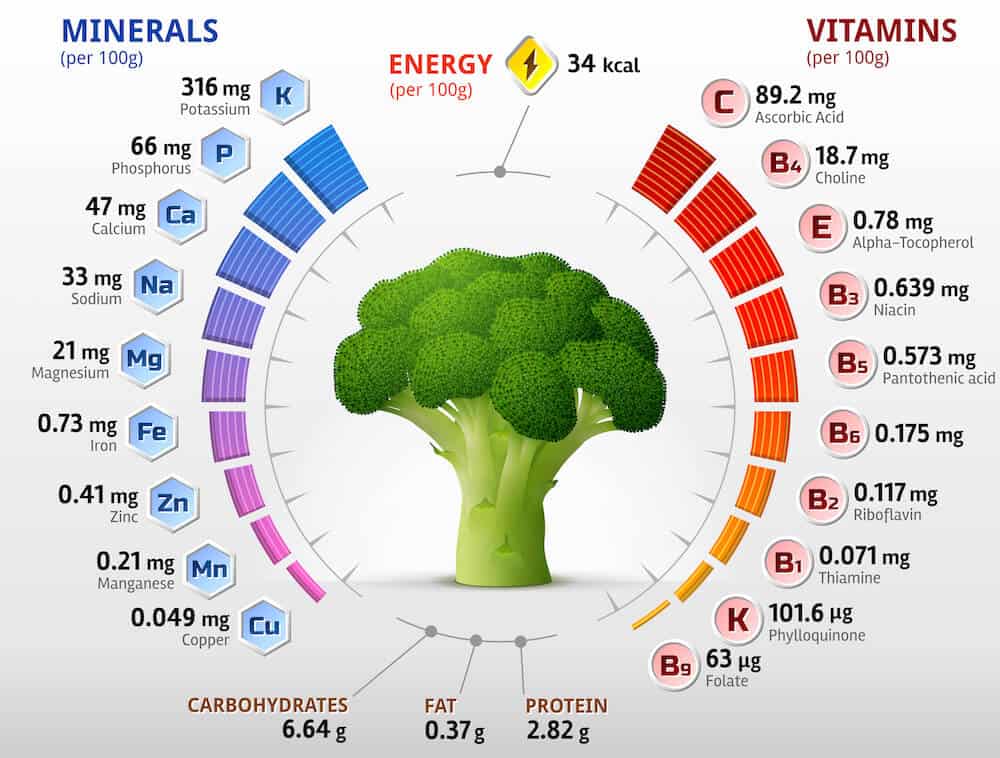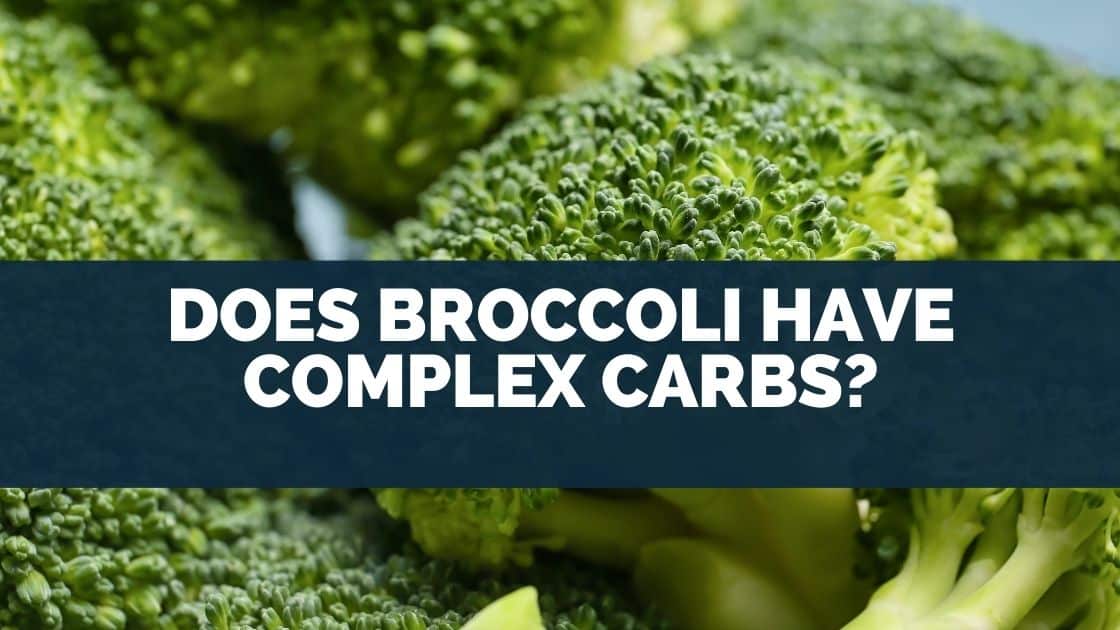How Many Carbs Does Broccoli Have In It
:max_bytes(150000):strip_icc()/broccoli-975473480e5c407b85cb0247ae67c303.jpg)
In an era dominated by diet fads and nutritional scrutiny, understanding the carbohydrate content of common vegetables like broccoli has become increasingly crucial for individuals managing weight, diabetes, or simply striving for a healthier lifestyle. The seemingly simple question of "How many carbs does broccoli have?" unravels a complex web of nutritional information and dietary implications.
This article delves into the carbohydrate composition of broccoli, exploring its nutritional profile and its role in various dietary regimens. We will dissect the types of carbohydrates found in broccoli, differentiate between net carbs and total carbs, and examine how broccoli fits into popular diets like keto, low-carb, and diabetes-friendly meal plans. Understanding this information is vital for making informed dietary choices and achieving specific health goals.
Broccoli's Nutritional Breakdown: A Closer Look
Broccoli, a cruciferous vegetable celebrated for its health benefits, is relatively low in carbohydrates. According to the United States Department of Agriculture (USDA), one cup (approximately 91 grams) of raw broccoli contains about 6 grams of total carbohydrates.
This includes roughly 2.4 grams of fiber and 1.5 grams of sugar. The remaining carbohydrates are primarily starches.
Net Carbs vs. Total Carbs
The concept of net carbs is particularly relevant for those following low-carbohydrate diets. Net carbs are calculated by subtracting the amount of fiber from the total carbohydrate content.
Since fiber is not digested by the body, it doesn't significantly impact blood sugar levels. Therefore, for a cup of raw broccoli, the net carb count would be approximately 3.6 grams (6 grams total carbs - 2.4 grams fiber).
Impact of Cooking Methods
The way broccoli is prepared can slightly affect its carbohydrate content and glycemic index. Boiling broccoli, for instance, may cause some water-soluble nutrients and potentially some carbohydrates to leach into the water.
However, the overall change in carbohydrate content is generally minimal. Roasting or steaming broccoli are often preferred methods as they retain more of the vegetable's nutrients.
Broccoli in Popular Diets
Broccoli's low carbohydrate and high fiber content make it a valuable addition to various dietary approaches. Its versatility allows it to be incorporated into many meals and recipes, while still maintaining the principles of the diet.
Keto Diet
The keto diet, a very low-carbohydrate, high-fat diet, requires strict carbohydrate control. Broccoli is generally considered keto-friendly due to its low net carb count.
It provides essential vitamins and minerals without significantly impacting ketosis. However, portion control is still important to stay within the diet's carb limits.
Low-Carb Diet
In less restrictive low-carb diets, broccoli can be consumed more liberally. Its fiber content contributes to satiety, helping individuals feel fuller for longer and potentially reducing overall calorie intake.
This makes it a great addition to weight management plans. Furthermore, broccoli's low carbohydrate impact is a significant advantage.
Diabetes-Friendly Diet
For individuals managing diabetes, controlling blood sugar levels is paramount. Broccoli's low glycemic index and high fiber content contribute to stable blood sugar levels.
These characteristics make it an ideal choice for people with diabetes. The fiber slows down the absorption of sugar, preventing rapid spikes in blood glucose.
Debunking Broccoli Myths
Despite its well-documented benefits, some misconceptions surround broccoli's nutritional profile. One common myth is that broccoli is significantly higher in carbohydrates than it actually is.
This misconception likely stems from the general association of vegetables with carbohydrates, overlooking the important distinction between simple and complex carbohydrates, as well as the role of fiber. Another myth is that cooking broccoli eliminates its nutritional value, which is only partially true.
The Future of Broccoli Research and Consumption
Ongoing research continues to uncover new health benefits associated with broccoli consumption. Studies are exploring its potential role in cancer prevention, cardiovascular health, and even cognitive function.
As scientific understanding evolves, broccoli is likely to remain a staple in health-conscious diets. Breeders are also developing new varieties of broccoli with enhanced nutritional profiles, such as higher levels of antioxidants or glucosinolates.
In conclusion, broccoli is a low-carbohydrate vegetable packed with essential nutrients and fiber. Understanding its carbohydrate content is crucial for individuals following specific diets or aiming to improve their overall health. By incorporating broccoli into a balanced diet, individuals can reap its numerous benefits without compromising their dietary goals.
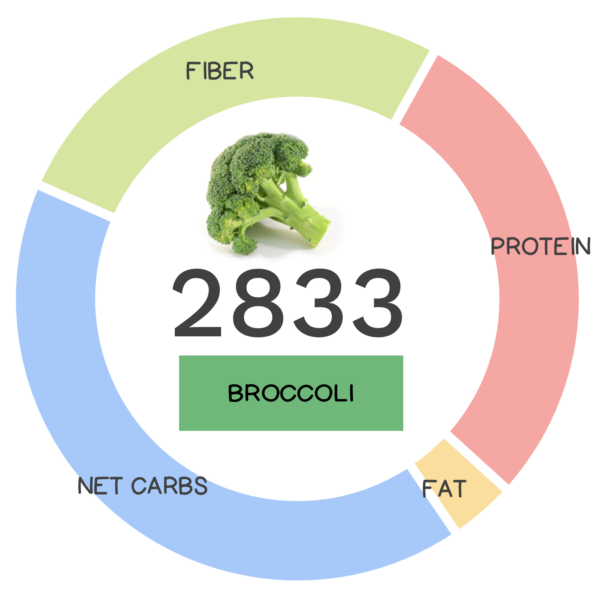
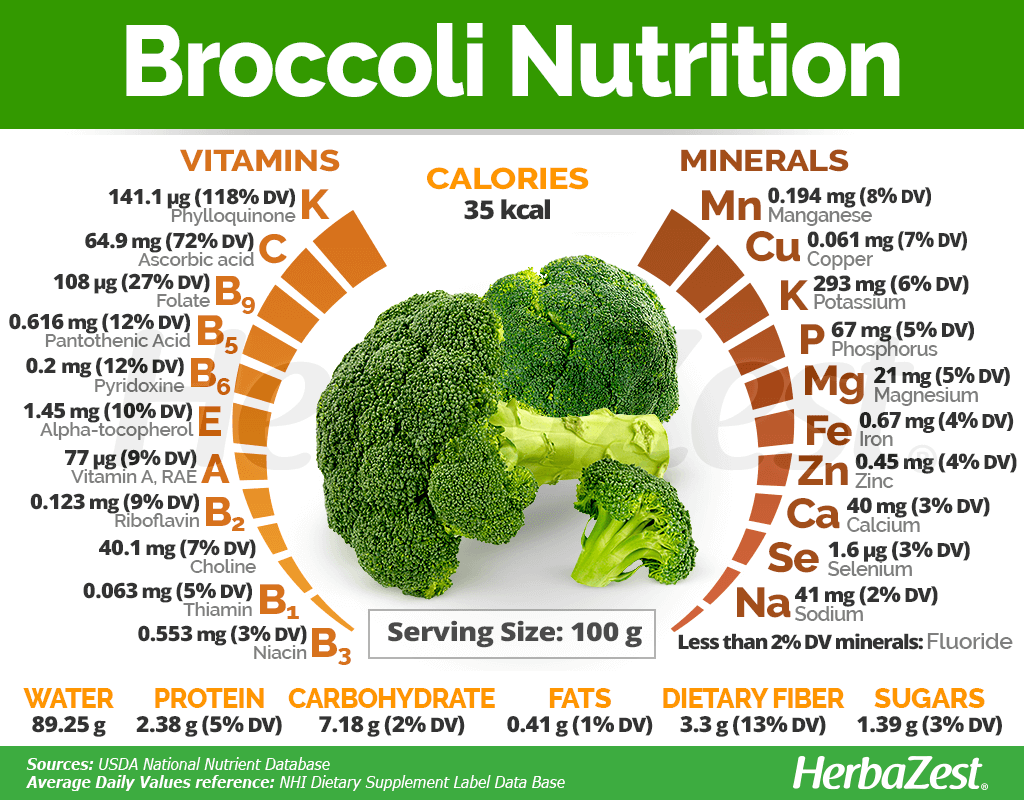
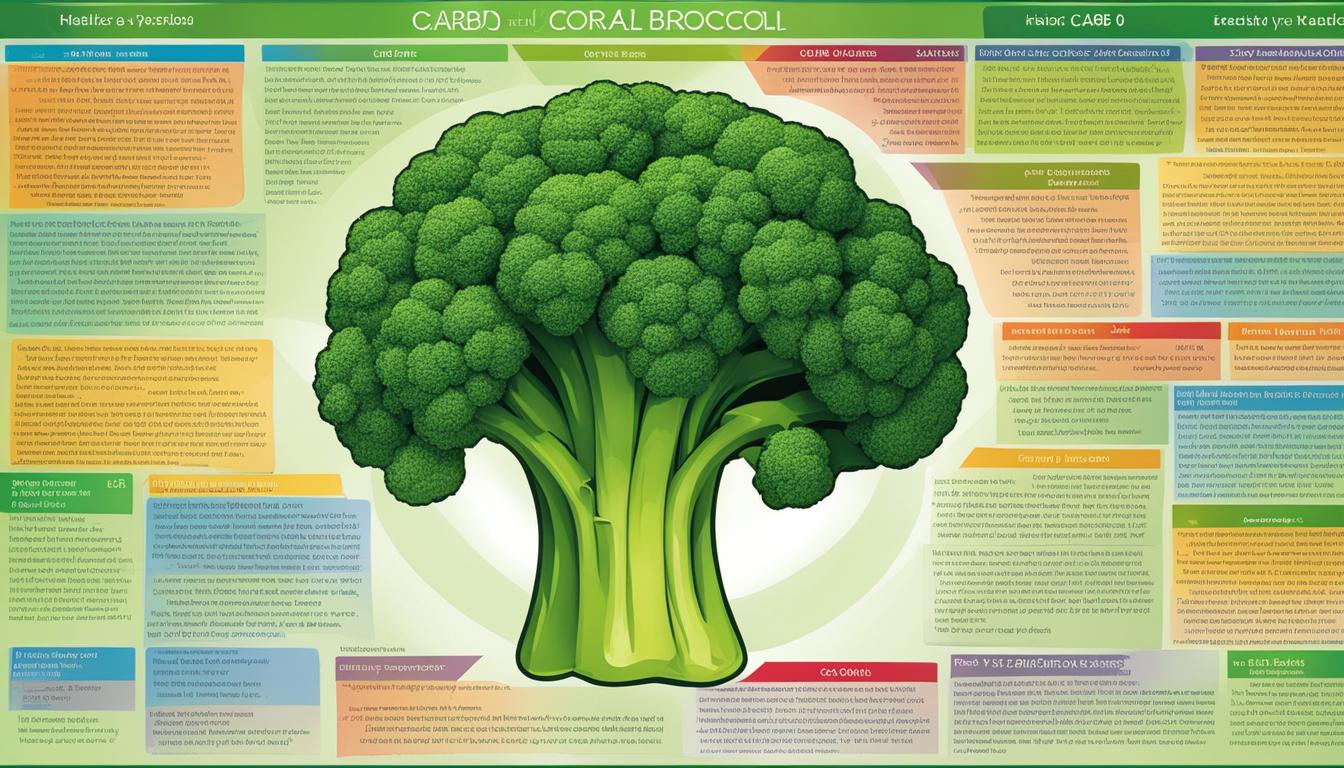

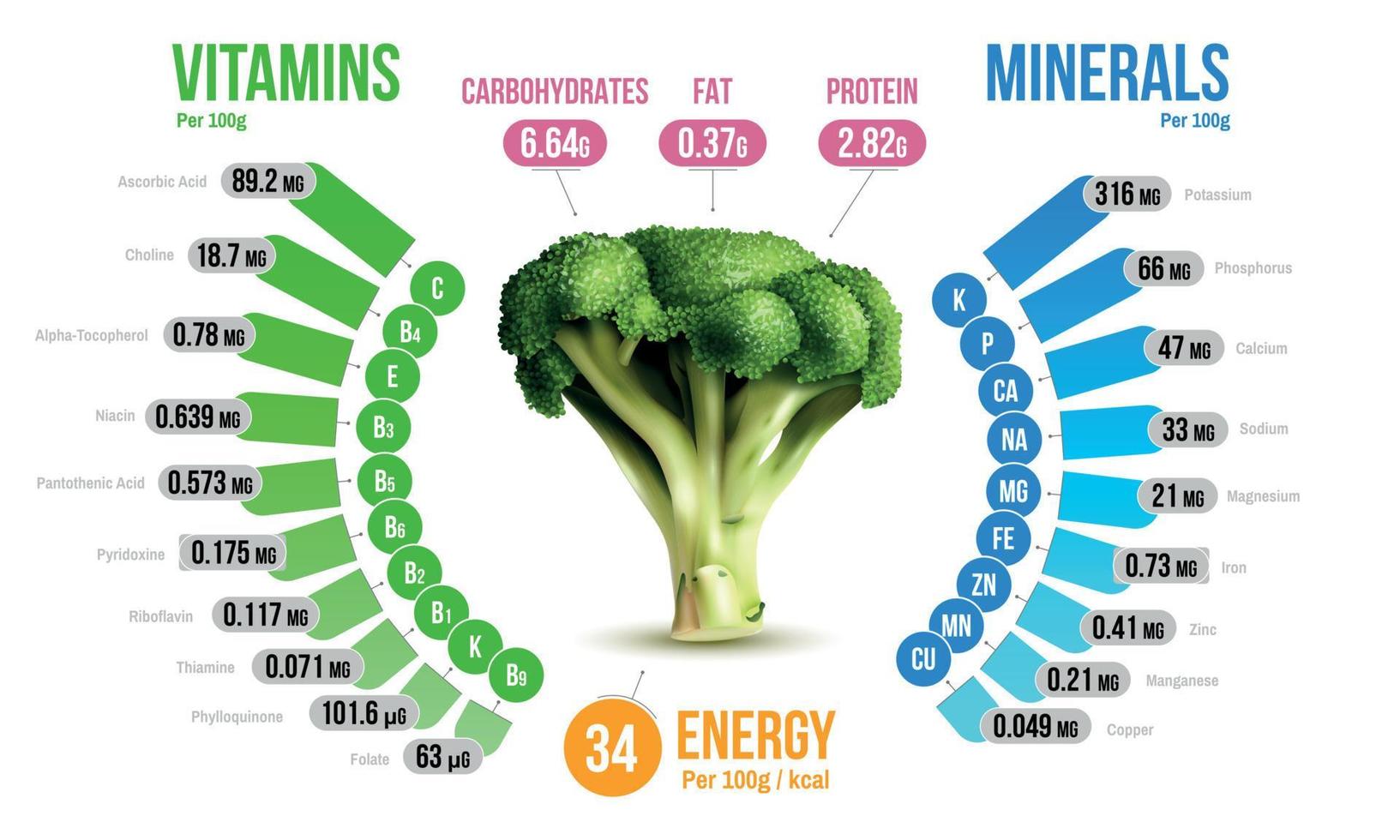
/broccoli_annotations-5c37dc1b4cedfd0001a0edba.jpg)
